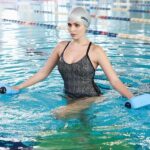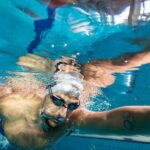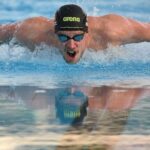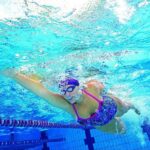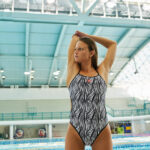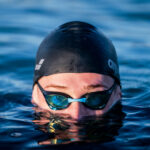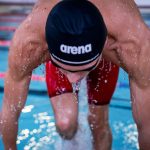Patience, confidence, charisma: the identikit of a good trainer
Which features should a good swimming trainer have? Should he be gutsy and push his students to always give their best or should he be more understanding and reassuring, ready to console them in the event of a workout or a race that didn’t go so well?
Of course, a perfect formula doesn’t exist. However, an ideal trainer would be the perfect mix of these features and have be able to combine technical, tactical, educational and communicative qualities. In fact, it isn’t easy to understand students’ thought processes and provide them with an objective to be pursued with constancy. The keywords for a good trainer should be trust, appreciation and encouragement. It is someone who helps in times of difficulty but is also a point of reference able to increase one’s self-esteem in light of progressive improvements.
What a good trainer shouldn’t do
Frequent reproaches, aggressive behavior, a tone of voice that is too high (almost yelling), the desire to command at all costs or impose a dominant role. None of this is good. It is better to teach students safety, affection and serenity. A good trainer should have an enormous amount of patience. And instead of reproach, motivation and encouragement are preferred, as well as the reinforcement of positive behaviors. A leader “elected” by his athletes, who is recognized by his objectivity and authority.
The abilities and skills that make the difference
If you are a trainer and you’re reading this article because you want to improve your educational approach, you could start by noting down your thoughts after each swimming session. So, with a fresh perspective, you can evaluate various aspects of the swimming session, feelings experienced, participants’ response and any critical issues. Here are some questions to ask yourself: How would I rate the performance of the lesson? Did I have some difficulties? If so, why? And how did I face them? How effective was my presence and how did the students respond?
In fact, technical skills are not enough, you must also be somewhat of a psychologists and develop good interpersonal skills, analyzing situations objectively without favoring anyone. It is no easy task, because students often rely on the trainer to be a true life coach.
Two different styles: which do you prefer?
There are two possible training styles: authoritarian and cooperative. The first is characterized by closed mindedness, the trainer makes decisions without consulting the group and doesn’t take great interest in the opinions of others. Aiming to win, he pursues the objective without caring too much about the athletes’ feelings and motivations. He believes that his task is to push his team to win.
The cooperative style, in contrast, takes into account the ideas of the athletes and collaborators, sharing objectives and strategies, dreams and fears. Its key feature is knowing how to call something into question, thus being able to quickly modify some attitudes, whether personal or technical-tactical, that is if they realize the mistakes they’ve made.
Ex-athlete trainers, yes or no?
Is having swum at a competitive level an element of strength for a good trainer or, on the contrary, an obstacle? Unfortunately, there is no clear answer. There are a number of notions, skills and competencies that are not taught or studied in classrooms but are acquired with time through experience in this environment, that those who have practiced a competitive sport have assimilated over the years.
However, former ex-athlete instructors may tend to underestimate some of their students’ technical difficulties, assuming that they can learn by simply observing the movement and repeating it. Therefore, they risk underestimating, precisely because of the ease with which they have practiced the sport, the difficulty and are not inclined to properly investigate the complex and delicate dynamics underlying the learning processes.
What do you think? Are you authoritarian or collaborative trainers? If you are students, what do you expect from your trainer in the pool?
—————
